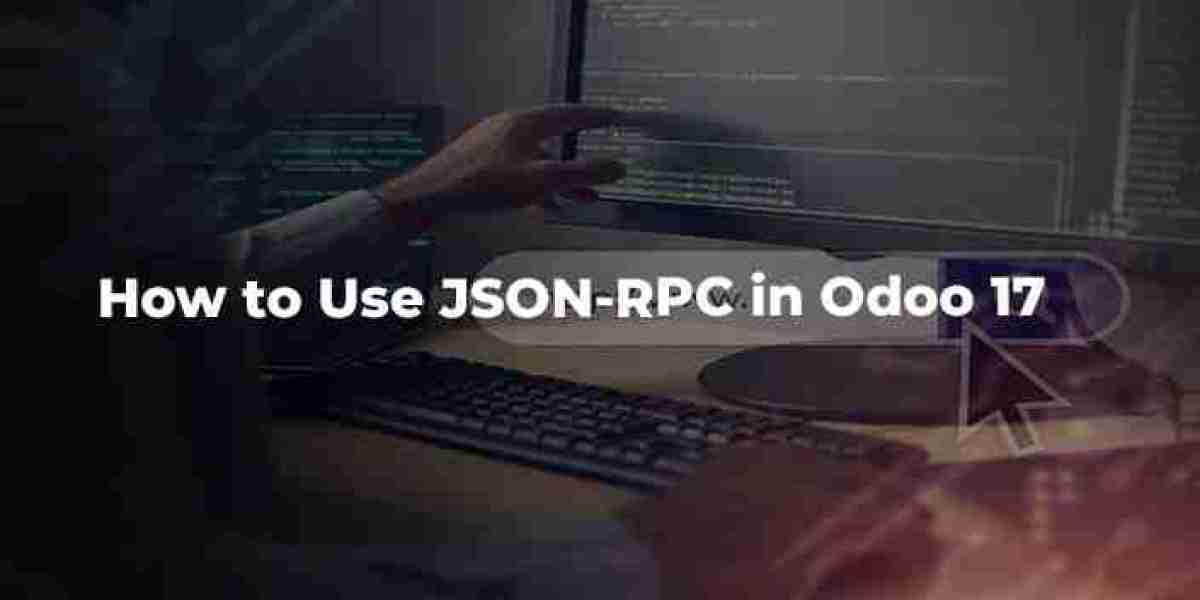Modern businesses rely on seamless software integration to streamline operations. Odoo JSON-RPC is a powerful tool that enables external applications to interact with Odoo's backend efficiently. Unlike traditional methods, JSON-RPC offers a lightweight, fast, and secure way to connect third-party systems with Odoo.
In this guide, we’ll explore how to use Odoo JSON RPC for smooth API integration while following best practices.
What is Odoo JSON-RPC?
JSON-RPC is a remote procedure call (RPC) protocol encoded in JSON. It allows developers to execute Odoo methods from external applications, such as mobile apps, custom scripts, or other enterprise software.
Key Features:
Lightweight – Uses JSON for data exchange, reducing overhead.
Stateless – Each request is independent, improving scalability.
Cross-platform – Works with any programming language that supports HTTP requests.
Setting Up Odoo JSON-RPC
Prerequisites
Before making API calls, ensure:
Odoo instance is running with API access enabled.
You have valid login credentials (username and password).
The necessary permissions to access the required models.
Authentication
To authenticate, send a request to /web/session/authenticate:
{
"jsonrpc": "2.0",
"params": {
"login": "admin",
"password": "admin",
"db": "odoo_db"
}
A successful response returns a session ID for subsequent requests.
Making API Calls with Odoo JSON-RPC
1. Fetching Records
Use the search_read method to retrieve records:
{
"jsonrpc": "2.0",
"method": "call",
"params": {
"model": "res.partner",
"method": "search_read",
"args": [],
"kwargs": {
"domain": [["active", "=", true]],
"fields": ["name", "email"]
}
}
2. Creating Records
To add a new record, use the create method:
{
"jsonrpc": "2.0",
"method": "call",
"params": {
"model": "res.partner",
"method": "create",
"args": [{
"name": "ABC Corp",
"email": "contact@abccorp.com"
}]
}
3. Updating Records
Modify existing records with the write method:
{
"jsonrpc": "2.0",
"method": "call",
"params": {
"model": "res.partner",
"method": "write",
"args": [[1], {"name": "Updated Name"}]
Best Practices for Efficient Integration
1. Use Batch Operations
Instead of multiple small requests, bundle operations to reduce latency.
2. Handle Errors Gracefully
Check for common errors like:
Invalid credentials
Access rights violation
Missing required fields
3. Optimize Performance
Fetch only necessary fields.
Use pagination (limit and offset) for large datasets.
Why Choose an Odoo Official Partner for Integration?
While Odoo JSON-RPC is developer-friendly, complex integrations may require expert assistance. An Odoo Official Partner ensures:
✔ Best security practices (OAuth, rate limiting).
✔ Optimized API performance (caching, bulk operations).
✔ Custom solutions tailored to business needs.
Conclusion
Odoo JSON-RPC simplifies API integration, allowing businesses to connect Odoo with external apps effortlessly. By following best practices and leveraging expert support from an Odoo Official Partner, companies can achieve a seamless, secure, and scalable integration.








